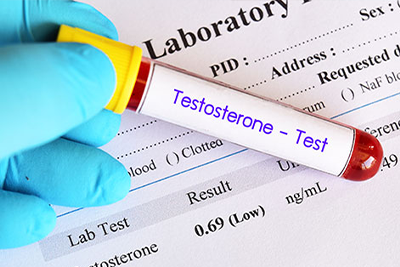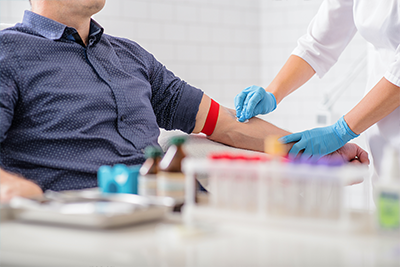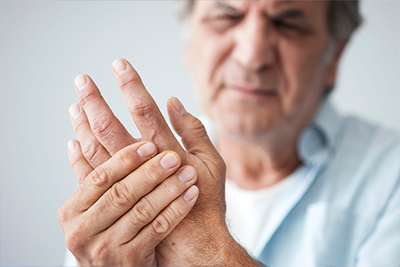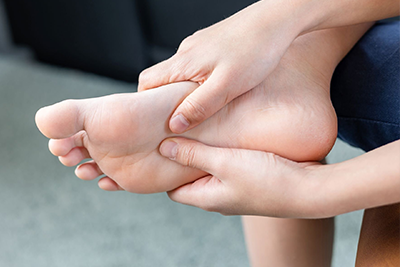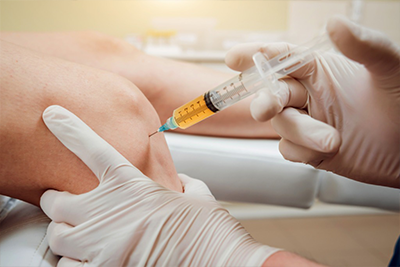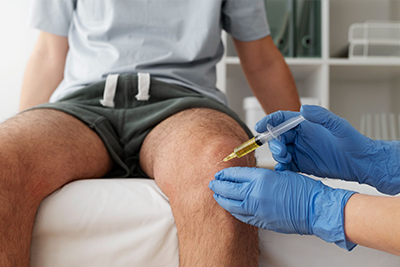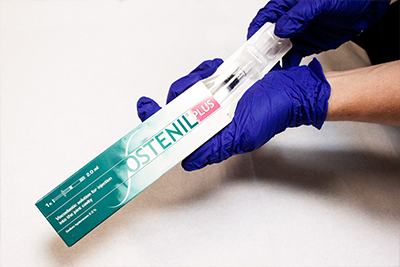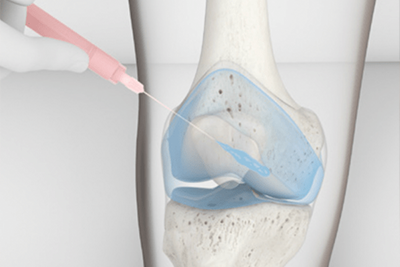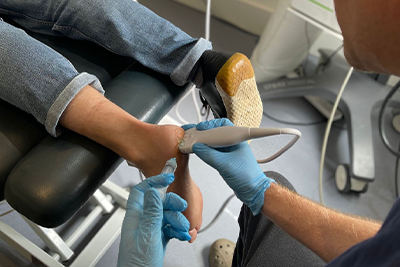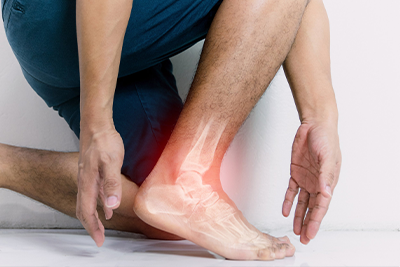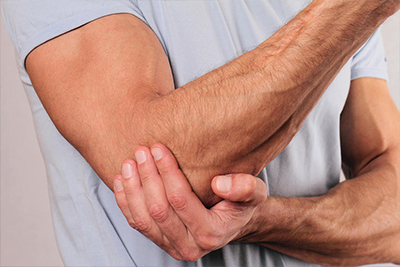Carpal Tunnel Syndrome
- Home
- Carpal Tunnel Syndrome

Chiropractic Treatment for Carpal Tunnel Syndrome in Tunbridge Wells
Carpal tunnel syndrome is a condition in which the median nerve is compressed as it goes under Flexor retinaculum which is connective tissue under the wrist. This nerve predominantly controls the muscles which move the thumb and it also supplies sensation back to the brain of the thumb side of the hand.
For writers, artists, gym-goers and even desk-workers, carpal tunnel syndrome is a menace for the health of your hands and wrists. At Vale Health Clinic, we are dedicated to the treatment of conditions like carpal tunnel, helping you live without unnecessary pain.
When you’ve booked your first appointment with us, we’ll welcome you into our clinic where you’ll be able to have a simple discussion with a member of our team. Our aim is to build a clear picture of your health and symptoms, giving us a greater understanding of what’s causing your pain. You don’t need to bring anything with you, but we advise you dress comfortably. If you’ve had any previous tests or X-rays regarding your symptoms, or have any underlying conditions like diabetes or arthritis, be sure to let us know.
We’ll also complete a neurological and orthopaedic examination during your first appointment to help us determine the right treatment for you. Manual therapy options for carpal tunnel syndrome include mobilisation, stretching, ultrasound, rehabilitation exercises and laser therapy. If damage to the median nerve is severe, surgery may need to be considered. After your first appointment, we can book you a follow-up to help you on the path to long-term recovery.
Carpal tunnel syndrome
When the nerve is compressed it can cause pain tingling or a dead feeling which is normally worse at night. Women are more likely than men to develop carpal tunnel syndrome. This condition is most common in middle age any one can develop carpal tunnel syndrome. There are however certain risk factors in which can make you more susceptible such as:
- Diabetes
- Thyroid disease
- Pregnancy or menopause caused by fluid retention
- High blood pressure
- Inflammatory arthritis such as rheumatoid arthritis
- Previous fractures or trauma to the wrist
How can we diagnose Carpal Tunnel
We can normally diagnose carpal tunnel syndrome with your case history, palpitation and orthopaedic tests, sometimes further tests are required such as ultrasound or nerve conduction test. The examination will include a detailed evaluation of your hand, wrist, shoulder, and neck to check for any other causes of nerve entrapment. The Chiropractor will look at your wrists for signs of tenderness, weakness, sensation differences and any deformities. They will also carry out a full neurological examination of the nerves in which supply the hand.
Treatment of carpal tunnel syndrome
Treatment of carpal tunnel syndrome depends on how severe your pain and symptoms are and if there is weakness. In most cases of carpal tunnel, the condition can be managed conservatively without the need of surgical intervention. Manual therapy from a chiropractor or physiotherapist such as mobilisation, stretching, ultrasound, rehabilitation exercises and laser therapy can help.
Other helpful advice is:
- Avoiding positions and activities in which overextend your wrist
- Wearing wrist splints that hold your hand in a neutral position, which is especially important at night
- A short course of anti-inflammatory medication can help to reduce inflammation
- Effective treatment of any underlying conditions you may have, such as diabetes, thyroid disease or arthritis.
- Injection therapy into your carpal tunnel area to reduce inflammation and pain.
Surgery may be necessary if the damage to the median never is severe. Surgery for carpal tunnel syndrome involves releasing the band of tissue in the wrist that crosses the median nerve so as to lessen the pressure on your nerve. Factors which can determine success rate are age, duration of symptoms, underlying medical conditions such as arthritis or diabetes, and if there is weakness in the thumb muscles which is normally a late sign. The success rate for surgery is usually good.
Clinic Address
Vale Health Clinic, 31-33 Vale Rd, Royal Tunbridge Wells, Kent ,TN1 1BS


